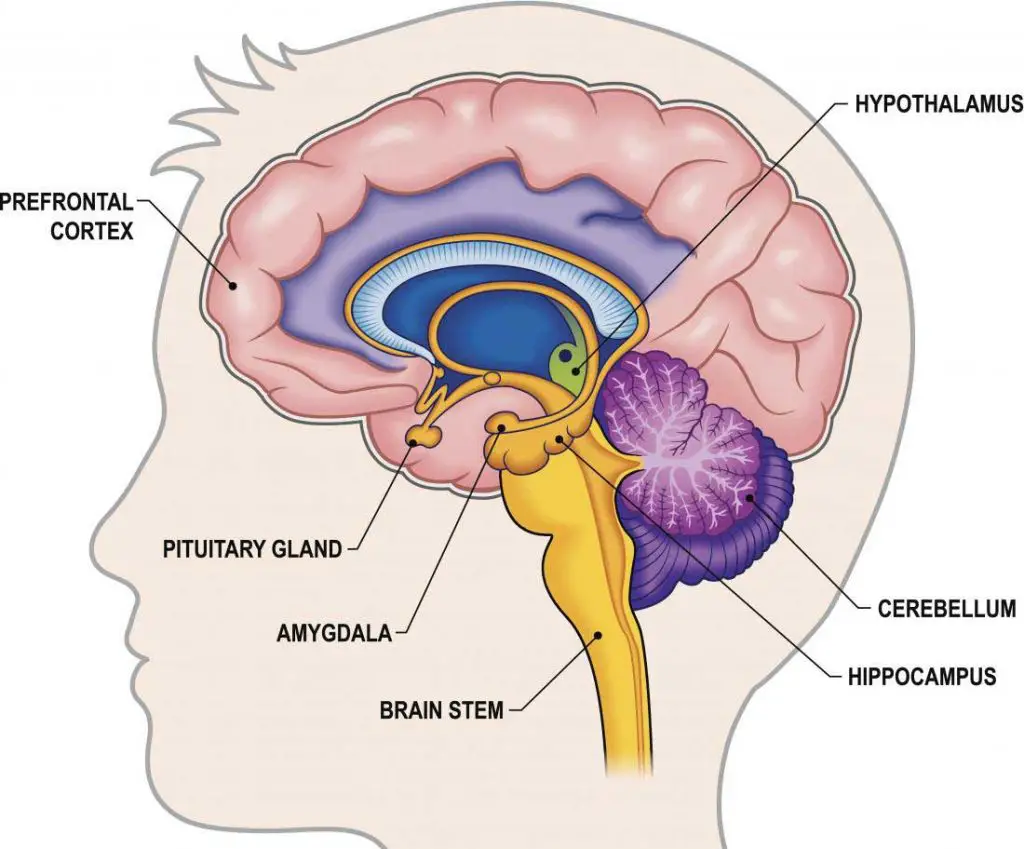Recent Study Links Depression To Specific Form Of Brain Damage

source: Mayo Clinic
Depression is an often-debilitating mental health issue. The onset of depression can occur for many different reasons, and depression is often difficult to treat. Many people believe that being depressed is a “choice” and not a mental health disorder. According to one recent study, this train of thought couldn’t be any farther from the truth.
A study conducted by the ENIGMA MDD Working Group found that chronic depression causes psychological damage to the brain. This relationship between depression and brain damage is specifically revealed in the health of the hippocampus, the region of the brain that regulates emotions and maintains memories.

The study compared MRIs of 1,728 patients with chronic depression to MRIs of 7,199 healthy individuals. The majority of patients diagnosed with chronic depression showed a significant shrinkage of hippocampal volume, up to 1.24%.
Co-author of the study, Professor Ian Hickie, explains, “Our whole sense of self depends on continuously understanding who you are in the world – your state of memory is not about just knowing how to do Sudoku or remembering your password – it’s the whole concept we hold of ourselves… We’ve seen in a lot of other animal experiments that when you shrink the hippocampus, you don’t just change memory, you change all sorts of other behaviors associated with that – so shrinkage is associated with a loss of function.”

It’s important that we keep conducting studies like this one in order to better understand and treat the symptoms of depression. If you or a loved one is struggling with depression or another mental health disorder, call the National Alliance on Mental Illness Hotline at (800) 950-NAMI (6264).
